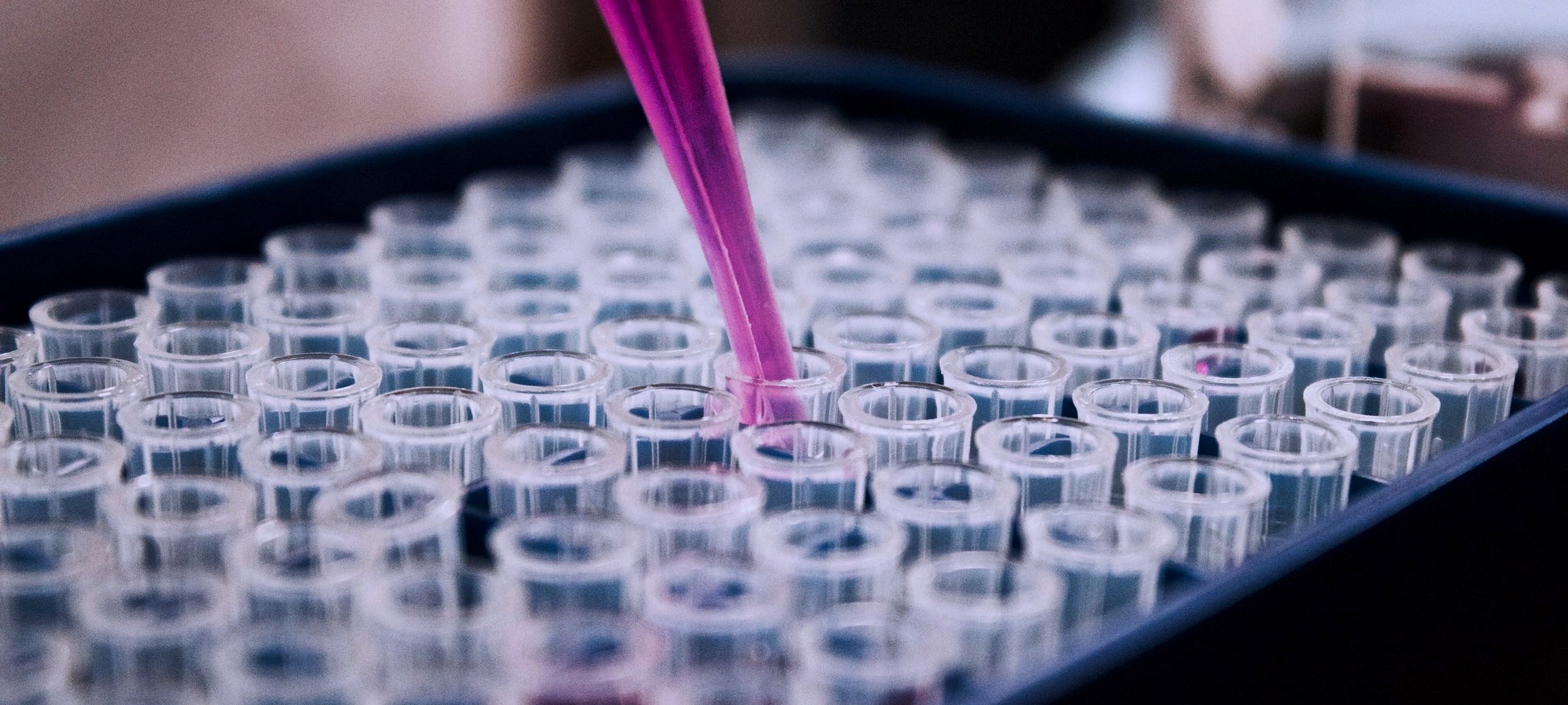
What are Biologics?
The family of biologics consists of therapeutic proteins and antibodies, vaccines, blood components, viruses, DNA, or can be whole cells or tissues. Biologics are in general produced in mammalian or microbial cells. The active ingredient in a pharmaceutical drug is called an active pharmaceutical ingredient (API).
The life science technologies used to develop biologics are fundamentally different than the chemical synthesis technologies used in the small-molecule pharmaceutical arena.
In the case of small-molecule pharmaceuticals, a manufacturer will take chemical starting materials and react these together in a series of synthesis steps. This is performed until the final product has been created and is then purified.
Biologics are advanced drugs and vaccines produced through biological processes. They are the most advanced therapies available for serious diseases such as various cancers, diabetes, Crohn’s disease, psoriasis, multiple sclerosis, anemia, asthma, cystic fibrosis, and others.
Biologics are drugs made up of complex molecules derived from living cells. These molecules differ from traditional small molecule drugs in several important ways. Generally, they are much larger molecules and more sophisticated in structure than their traditional pharmaceutical counterparts.
Biotechnology uses one of two methods to create the biologic:
The drug can be extracted from an organism or tissue and purified, or it can be genetically engineered into an organism that will make the drug. The drug will then be extracted and purified.
A significant difference between biologics and small molecule drugs is the manufacturing process used to make the drugs. Biologics are typically more difficult and expensive to manufacture than traditional small molecule drugs.
Production of biologics generally requires larger reactor volumes, more specialized equipment, and complicated manufacturing facilities.
Additionally, biologics and biopharmaceutical manufacturing facilities are strictly regulated by the Food and Drug Administration in the United States and by other international agencies. These regulations require strict attention to product and process quality to ensure consistency and reliability.
Over the last 20 years, biologics have proven to be important therapeutic and prophylactic agents in the clinic.
In contrast to small molecule drugs, therapeutic proteins typically bind with high specificity to their targets on cell surfaces or intracellular components. They are less likely to interfere with normal biological processes, and they are often well tolerated.



